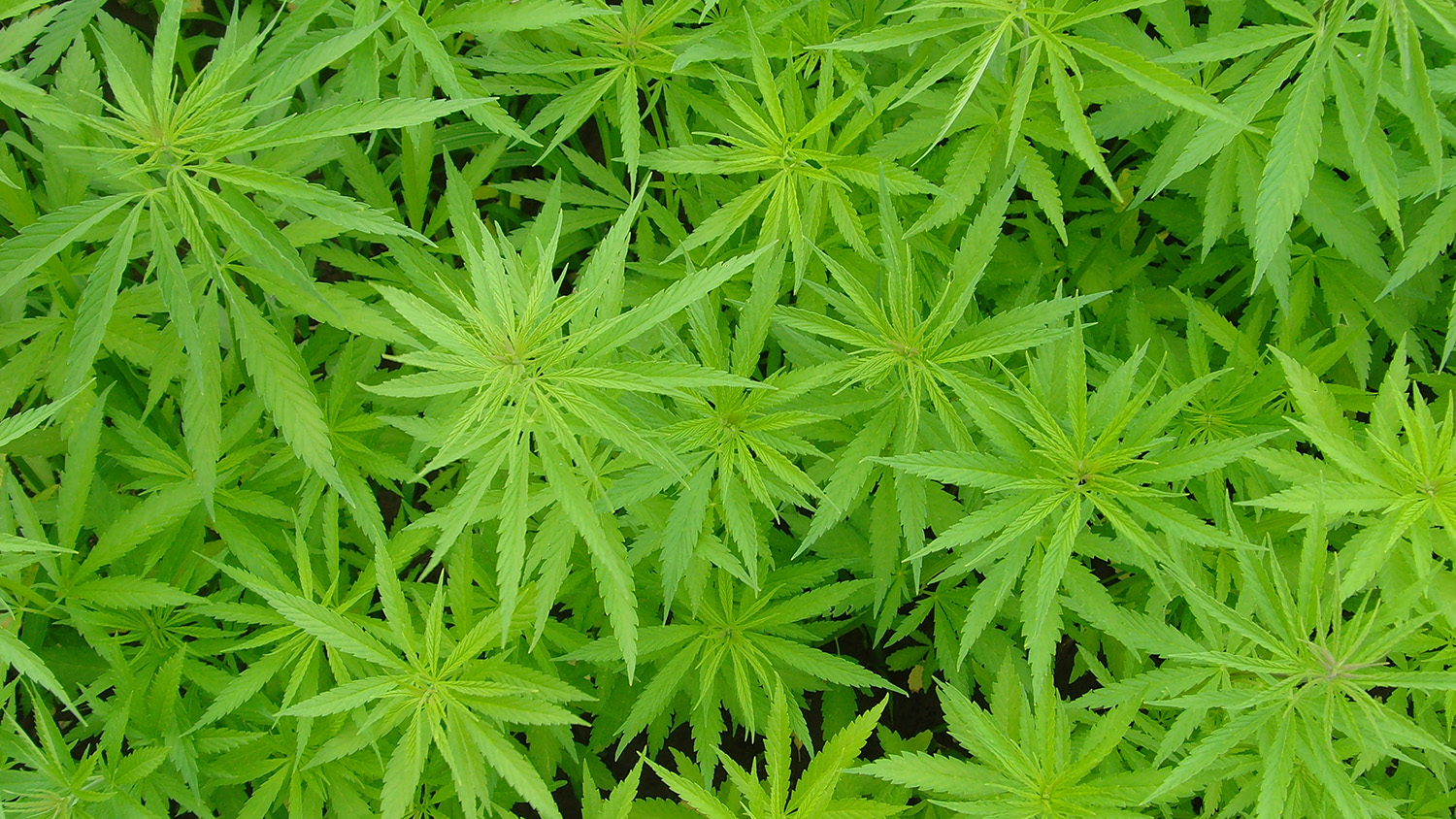Drug Use, Religion Explain ‘Reverse Gender Gap’ on Marijuana

For Immediate Release
Women tend to be more conservative than men on political questions related to marijuana. A recent study finds that this gender gap appears to be driven by religion and the fact that men are more likely to have used marijuana.
“This subject got our attention because it is the rare political issue where women are more conservative than men,” says Steven Greene, co-lead author of a paper on the study and professor of political science at North Carolina State University. “We wanted to better understand what was behind that ‘reverse gender gap.’”
To explore the subject, Greene and co-lead author Laurel Elder – a professor at Hartwick College – evaluated a 2013 political survey by the Pew Research Center. The nationally representative survey had about 1,500 participants, evenly split between men and women. The survey also asked a range of questions about marijuana policy, as well as marijuana use.
The researchers evaluated responses to six survey questions about marijuana, such as “Should marijuana be legal?” and “Is marijuana a gateway drug?” They compiled these responses to create a “support for marijuana” scale, running from zero to 100. Men scored a 67 on the scale, while women scored a 61.
The researchers then delved into the survey data to identify what contributed to the gender gap.
“One hypothesis we saw in popular media was that women are less supportive of marijuana due to their role as mothers – but the data didn’t bear that out at all,” Greene says. “In fact, mothers were no different from women without children in terms of either their support for marijuana policy or their reported use of marijuana.”
Instead, Elder and Greene identified two other factors that accounted for the distinction: marijuana use and religiosity. Religiosity is measured by accounting for how often survey respondents said they attended church and whether they identified as born-again Christians.
“When we ran a statistical analysis that accounted for religiosity, the gender gap shrank, so it appears to play a role in attitudes toward marijuana,” Greene says.
“But when we ran an analysis accounting for marijuana use, the gap disappeared altogether – so that clearly plays a major role.”
In the Pew survey, 57 percent of men reported having used marijuana, compared to 45 percent of women.
“One takeaway message from this work is that, as marijuana legalization and use become normalized, rather than being viewed as immoral or dangerous, the existing gender gap should shrink,” Greene says.
The paper, “Gender and the Politics of Marijuana,” is published in Social Science Quarterly.
-shipman-
Note to Editors: The study abstract follows.
“Gender and the Politics of Marijuana”
Authors: Laurel Elder, Hartwick College; Steven Greene, North Carolina State University
Published: Nov. 8, Social Science Quarterly
DOI: 10.1111/ssqu.12558
Abstract: Objectives: The objectives of this study were to understand why, even though women are more liberal than men on a broad range of issues, when it comes to the increasingly prominent issue of marijuana legalization, the direction of the gender gap is reversed, with women more conservative than men. Methods: Relying on a 2013 Pew survey—unique for the extensiveness of its marijuana questions, including marijuana usage—we explore and attempt to explain the nature of this unusual gender gap. We test several hypotheses rooted in the different life experiences of women and men. Results: We find that women’s role as mothers cannot explain this gap, and that mothers are in fact no different from those without children in terms of their support for marijuana policy, as well as their reported use of marijuana. The greater religiosity of women does play a prominent role in the gender gap on marijuana policy, but does not account for the full difference of opinion between women and men. Our findings suggest that men’s greater propensity relative to women to use marijuana is a major driver behind the gender gap. Conclusions: Not only are attitudes on marijuana legalization likely to continue to liberalize, but as marijuana legalization and marijuana use become normalized, rather than viewed as immoral and dangerous behavior, the existing gender gap should shrink.
- Categories:


